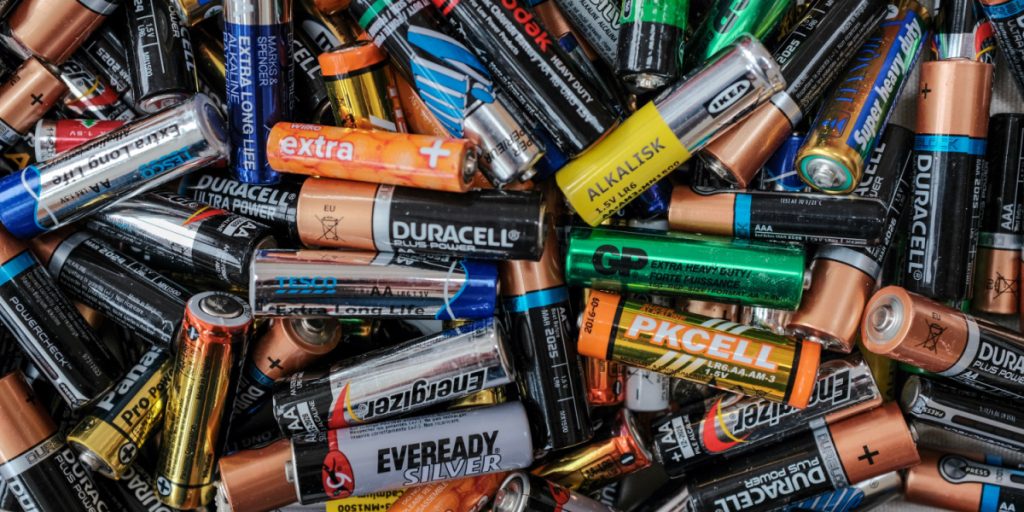Researchers have developed a new type of “water battery” that offers a safer, recyclable, and cheaper alternative to traditional batteries.
Others are reading now
Researchers at RMIT University have developed a groundbreaking method for creating “water batteries,” providing a safer, recyclable alternative to traditional lead-acid batteries.
This new technology, known as “aqueous metal-ion batteries,” replaces harmful chemical electrolytes with water, offering an eco-friendly solution.
How Water Batteries Work
The key to a battery’s power lies in its three main components: the cathode, the anode, and the electrolyte.
Traditional batteries use a liquid chemical as the electrolyte, which is difficult to reclaim once used. The RMIT team’s innovation comes from using water as the electrolyte, significantly reducing the environmental hazards associated with battery disposal.
Also read
Professor Tianyi Ma, the project’s lead researcher, explained, “It’s pure water. It’s the daily water we drink, but we do add additives to the water like inorganic salts.”
Advantages of Water Batteries
Water batteries offer multiple benefits over their lithium-ion and lead-acid counterparts. They are less prone to catching fire, can be manufactured at a lower cost, and are simpler to recycle, eliminating the need for specialized disposal facilities.
Moreover, these batteries can be assembled and disassembled easily and safely, even in open air.
The team has successfully created prototypes that demonstrate the batteries’ effectiveness, achieving over 500 charge cycles while maintaining 80% capacity after 700 cycles. These prototypes include devices similar to those found in small clocks, old mobile phones, and AA batteries.
Future Potential and Challenges
Professor Ma believes that, if commercialized, water batteries could replace lead-acid batteries in household appliances and possibly be used in larger applications like solar power storage.
Although it might take a decade or more, there’s potential for these batteries to compete with lithium-ion batteries.
The breakthrough involves a zinc anode coated with a nano-material made of bismuth metal, which prevents the formation of dendrites—a common issue in battery technology. This innovation also protects against corrosion, making the batteries more durable and efficient.
Looking Ahead
While there is some skepticism about water batteries replacing lithium-ion batteries entirely, the protective layer technology developed by the RMIT team is seen as a promising step forward in battery research.
This “comprehensive work” could pave the way for more sustainable and safer energy storage solutions in the future.


